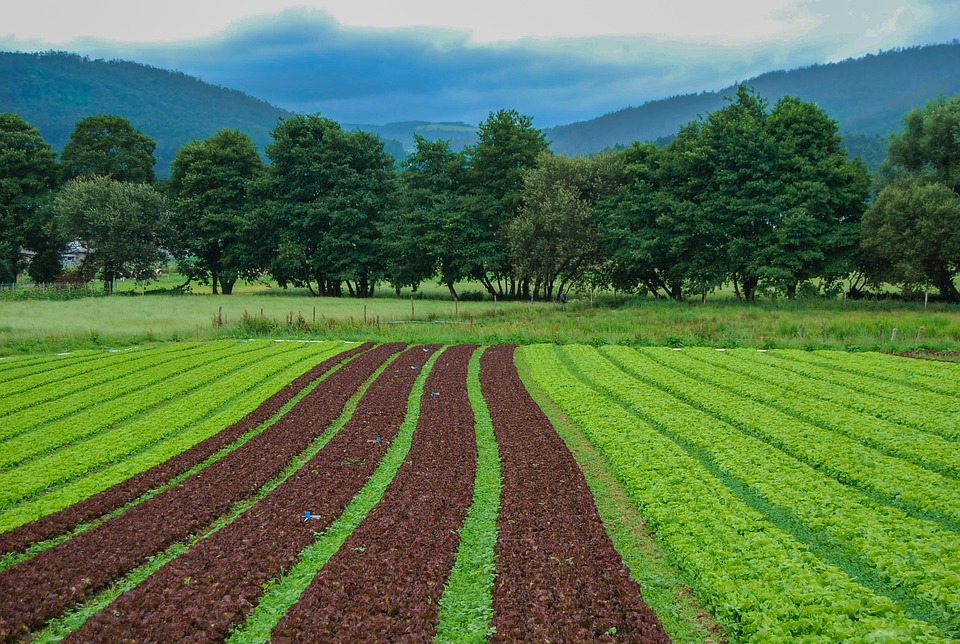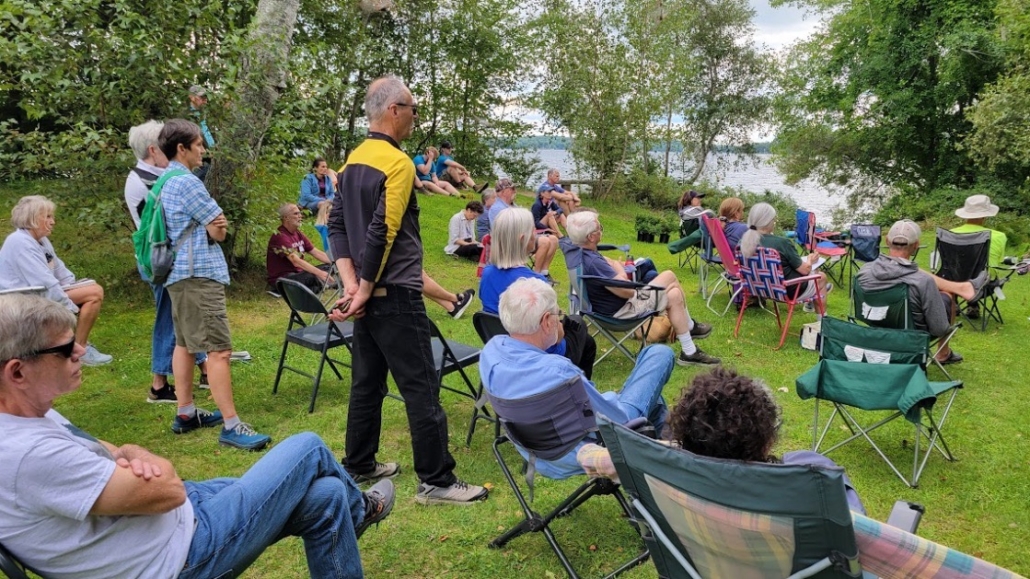Biochar: A soil amendment that offers multiple benefits
by Kayla Bergman,
senior policy associate, Center for Rural Affairs
Biochar is an agricultural practice that is gaining in popularity—but what is it?
Created from a variety of feedstock, including corn stalks, wood, and even manure, biochar is a specialized form of charcoal suitable for use in the soil.
To create biochar, feedstock and manure are heated to high temperatures under controlled conditions. The gas or oil produced is used as a renewable energy source. The carbon left behind in that process is biochar.
There are benefits provided for the environment during the production process and once it has been applied to the soil.
The production process concentrates carbon that would have been released back into the atmosphere as the plant or manure decays, therefore reducing greenhouse gas emissions.
Biochar is also extremely porous, allowing it to retain water—which plant roots can access when it is added to soil. Studies have shown a 5% biochar amendment in certain soil types increases the water holding capacity by up to 50%, which can serve as a flood mitigation benefit.
During a recent trial in Nebraska, when applied to irrigated lands, biochar was proven to reduce the need for irrigation by up to 37 percent. This is significant in a time of water conservation.
Biochar also retains both carbon and nitrogen in the soil. The carbon is transformed into an absorbent material which can lead to less runoff and leaching into waterways.
Biochar has the potential to help build soil, conserve water, produce renewable energy, sequester carbon, reduce inputs, and potentially increase yield on lower productivity ground. While it won’t work everywhere, biochar has the potential to be a valuable tool for farmers and landowners. This is a relatively new practice on agricultural lands, but seems to be one way for renewable fuel production to use a byproduct in a productive way.
Established in 1973, the Center for Rural Affairs is a private, nonprofit organization working to strengthen small businesses, family farms and ranches, and rural communities through action oriented programs addressing social, economic, and environmental issues.
Responsible journalism is hard work!
It is also expensive!
If you enjoy reading The Town Line and the good news we bring you each week, would you consider a donation to help us continue the work we’re doing?
The Town Line is a 501(c)(3) nonprofit private foundation, and all donations are tax deductible under the Internal Revenue Service code.
To help, please visit our online donation page or mail a check payable to The Town Line, PO Box 89, South China, ME 04358. Your contribution is appreciated!




Leave a Reply
Want to join the discussion?Feel free to contribute!